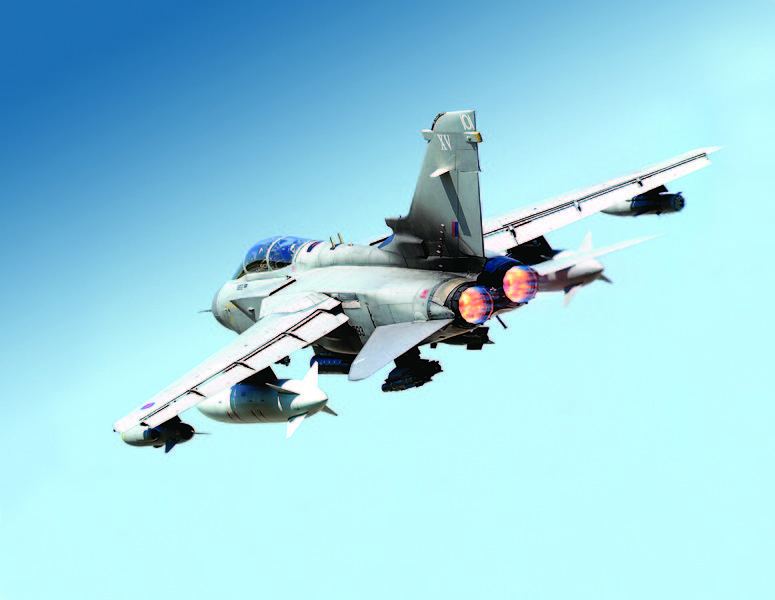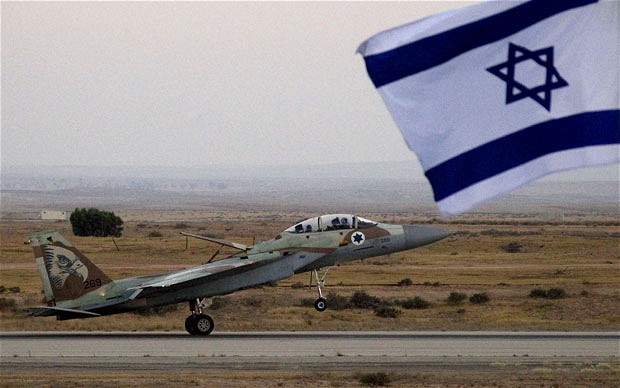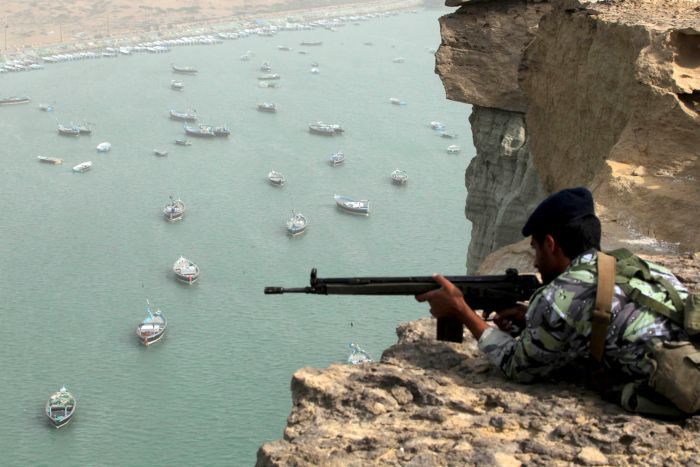 On 23 March 2011, as the Qaddafi regime turned its weapons against the Libyan people, NATO commenced Operation Unified Protector, intended to enforce a United Nations mandated no-fly zone and to protect the civilian population. Almost three years later, on 21 March 2014, the NATO Council of Canada hosted an event in Calgary on this intervention and its aftermath. With support from the University of Calgary’s Centre for Military and Strategic Studies, this conference brought together a variety of speakers who offered a diverse array of perspectives.
On 23 March 2011, as the Qaddafi regime turned its weapons against the Libyan people, NATO commenced Operation Unified Protector, intended to enforce a United Nations mandated no-fly zone and to protect the civilian population. Almost three years later, on 21 March 2014, the NATO Council of Canada hosted an event in Calgary on this intervention and its aftermath. With support from the University of Calgary’s Centre for Military and Strategic Studies, this conference brought together a variety of speakers who offered a diverse array of perspectives.
“During Unified Protector, Canadian pilots were very careful to avoid any collateral damage, returning to base with all their munitions if there was any risk of inadvertently harming civilians”
First up, Col. Sylvain Ménard shared with the attendees his experiences as the Canadian Air Detachment Commander during the coalition operations over Libya in 2011. With no more than a day’s notice from the Canadian government, he led the detachment of Canadian CF-18 fighter and CC-150T Air-to-Air Refuellers from Bagotville, Quebec to Trapani, Italy. As Col. Ménard shared, the armed forces of NATO member states must increasingly prepare for deployment on very short notice. Future missions might be launched within 12 hours of the political decision being made to deploy. In addition, due to the nature of civil conflicts like the one in Libya, it is becoming more difficult for NATO air assets to discern between combatant factions on the battlefield. During Unified Protector, Canadian pilots were very careful to avoid any collateral damage, returning to base with all their munitions if there was any risk of inadvertently harming civilians. But it is vital to ensure that these exacting standards are maintained across the Alliance and through all future operations.
Following a short break, attendees were able to engage with two panel speakers who approached the aftermath of Unified Protector from very different standpoints. Mr. Mohammed Etleb, a representative from the Canadian Libyan Council who raised funds for relief efforts following the Libyan civil war, shared points-of-view from on the ground in Tripoli, Benghazi, and elsewhere in the country. Mr. Etleb shared the high hopes, but also the frustrations Libyans have with the ongoing constitution-building process. A major concern for Libyans both at home and abroad is border security. The Qaddafi regime maintained significant stockpiles of small arms and light weapons, some of which appeals to be fuelling conflicts in nearby countries like Mali. At the same time, the prospect of foreign fighters entering Libya from elsewhere in the region risks further destabilizing of the region. More than anything, Mr. Etleb said, Libyans want international partners to support state-building efforts in Libya and to continue to hold the interim government to account for any missteps.
After Mr. Etleb’s presentation of the view from the ground, Dr. Terry Terriff of the University of Calgary offered a strategic overview, especially with regard to how Unified Protector continues to affect trans-Atlantic relations. Dr. Terriff disclosed that, though France and the United Kingdom played significant roles in the Libyan intervention, these European allies were highly dependent on the United States for munitions, intelligence, and other support in addition to the direct involvement of the American military. This frustrated American officials, who had expected NATO to handle the mission with little to no American assistance. At the same time, the lack of European independence seems to have tipped off Russian leaders to the sheer lack of cohesion within NATO. In this way, Dr. Terriff argued, Europe’s performance in Libya contributed to the current crisis in Ukraine as the Russian political and military leadership became increasingly aware that Europe would be incapable of challenging Russia and that the United States would not be willing to prop up Europe in such a confrontation.
This enlightening series of presentations was facilitated in Calgary by NATO Council of Canada members Paul Pryce and Samantha Hossack, who were supported from the NCC office in Toronto by Janetta McKenzie. Special thanks go to Nancy Pearson Mackie at the Centre for Military and Strategic Studies, Maj. Glen Parent, and CWO Patrice Rioux for their assistance with the event.




